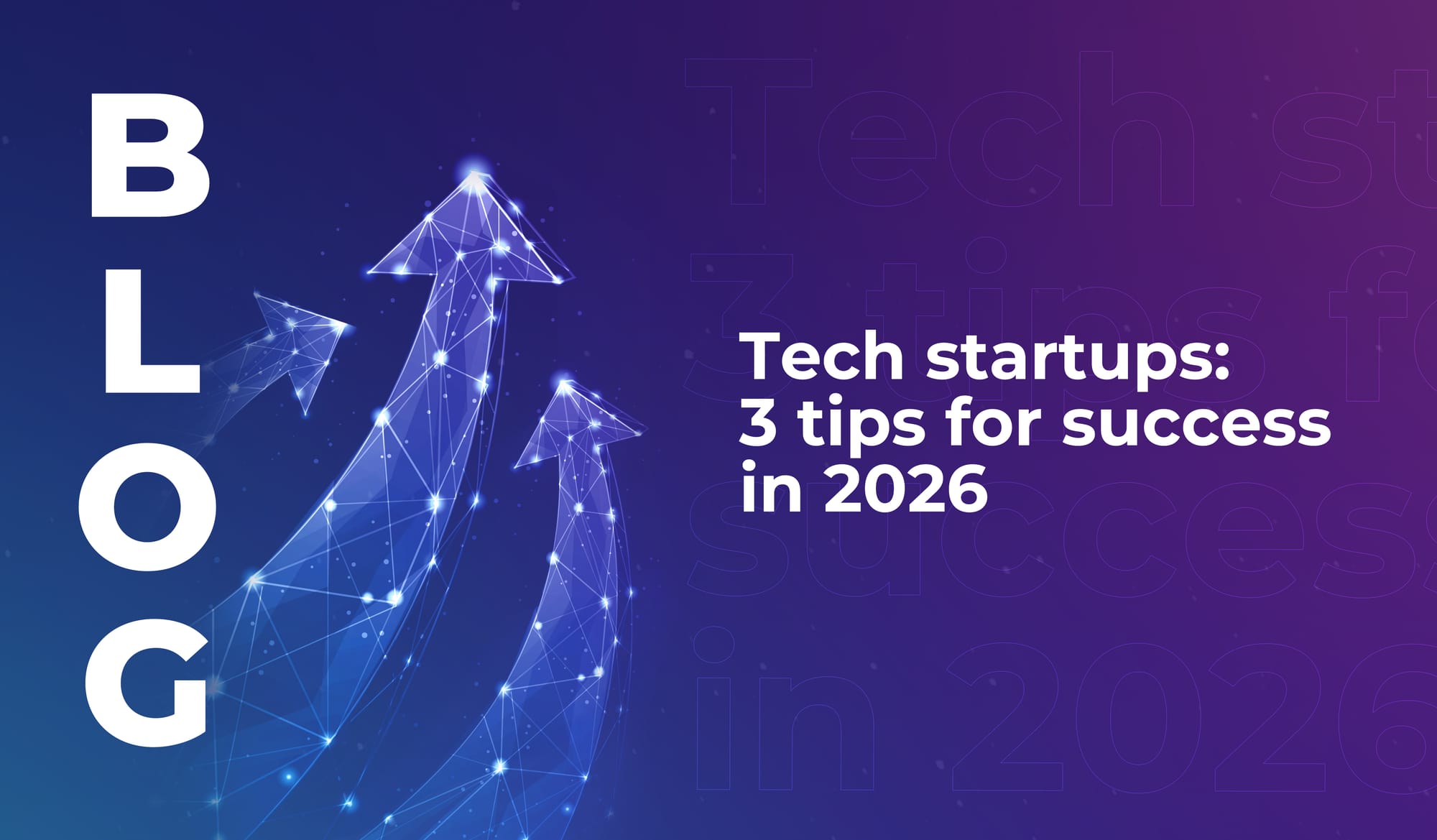
From pilots to scale: why GTM execution wins in 2026
Why 2026 is the year startups have to move beyond pilots. New research shows go-to-market execution, not demos, is the real growth advantage.


If you look at the recent headlines about tech careers, you’ll see a lot of fear. Companies making redundancies and advisors suggesting that GenAI is wiping out entry level jobs in the industry. What the headlines aren’t pointing out, though, is that tech is an industry of many sectors – and some of those sectors are in real need of more entry-level talent.
Here are three areas where the demand for professionals far exceeds the supply.
AI might be taking on some entry-level roles. But it also really, really needs entry-level talent. The rapid adoption of AI tech across industries has led to an acute shortage of professionals who can make sure it’s integrated effectively.
According to a report by Bain & Company, AI-related job postings have surged by 21% annually since 2019, yet the number of qualified candidates hasn't kept pace. In fact, nearly half (44%) of executives cite a lack of in-house AI expertise as a key barrier to implementing generative AI.
This talent gap is a global concern. The same report predicts that by 2027, the United Kingdom alone may see talent shortfalls of more than 50%, with just 105,000 AI workers available to fill up to 255,000 AI jobs.
If you don’t follow the Black Hat MEA blog, now’s the time – find it here. Because as services across industries have transitioned to digital, cyber threats have surged; and cybersecurity is under pressure.
But there’s a worrying shortage of professionals in cyber. The World Economic Forum reports a global shortfall of nearly 4 million cybersecurity professionals, and this deficit is particularly pronounced in regions like Asia-Pacific and North America.
And the consequences are tangible. According to the Fortinet 2024 Cybersecurity Skills Gap Report, 87% of organisations experienced a breach in the last year, with more than half incurring costs exceeding $1 million due to these incidents.
As businesses migrate to the cloud, the demand for cloud computing professionals has skyrocketed. Roles such as cloud engineers, DevOps engineers, and cloud security specialists are in high demand.
A report by Experis highlights that cloud engineers are among the top 10 IT and data roles most challenging to fill in 2025 (in the UK).
The same report notes that 47% of professionals see cloud computing security as the most sought-after skill for career advancement.
The tech industry moves fast and competition is high. But collaboration is alive and well too, as we see so clearly every year at LEAP; and there’s plenty of room in high-demand sectors for early-career tech professionals to establish themselves.
Don’t be afraid to explore new areas of tech. You might find your place in a sector that truly needs you right now – and when you do, you’re in for an exciting – and lucrative – career journey.
Want to explore opportunities in tech and connect with mentors and potential employers? Pre-register now to attend LEAP 2026.

Why 2026 is the year startups have to move beyond pilots. New research shows go-to-market execution, not demos, is the real growth advantage.

Three practical, expert lessons on why startups fail – and how business models, regulation and adoption unlock real tech value.

After years of acceleration, tech is entering a more selective phase. In 2026, progress won’t be measured by how much you do – but by how clearly you choose.

Why 2026 is the year startups have to move beyond pilots. New research shows go-to-market execution, not demos, is the real growth advantage.

Three practical, expert lessons on why startups fail – and how business models, regulation and adoption unlock real tech value.

After years of acceleration, tech is entering a more selective phase. In 2026, progress won’t be measured by how much you do – but by how clearly you choose.